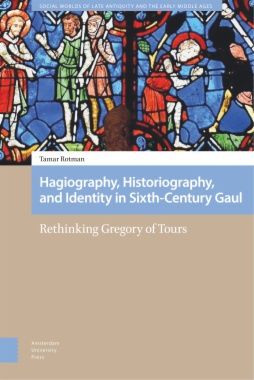Like the better known Prophecies of Nostradamus, the Prophecies of Paracelsus are exceedingly cryptic, filled with allegorical symbols and capable of being reinterpreted for any purpose. It comes with 32 surreal woodcuts which seem to reveal additional details about each prophecy.

